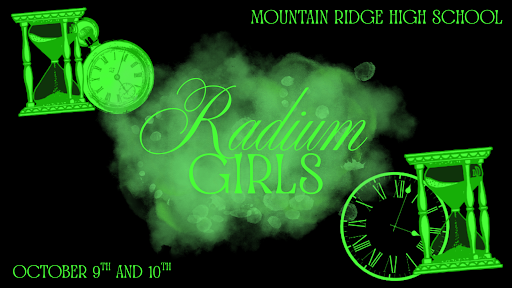Why Joking About Mental Health Can Be Problematic

January 18, 2019
Over the last decade, mental health has become a less taboo topic for our generation to discuss, but that change in attitude has invited insensitive jokes and comments made at the expense of those who really struggle with it. These remarks, though they may not be outwardly mean or purposefully harmful, still hurt the dialogue around mental health.
A central issue that arises when joking about mental health is that we don’t know or don’t want to ask if someone’s joke is a light-hearted throwaway comment or if it’s simply a coping mechanism for someone who really struggles with such issues. It’s hard to judge from just a few words if one is seriously facing those challenges, and it can be inconsiderate to ask for clarification. We shouldn’t put others in these difficult situations; people who are struggling should reserve the right to their privacy. Their struggle shouldn’t be the subject of a joke made by someone who doesn’t understand it.
Jokes about mental health tend to follow a few different patterns. As previously mentioned, there is the comedic comment made by someone who actually deals with mental health issues used to help deal with that. This is okay as this is their experience and they have enough insight to talk about in whatever way makes them comfortable, as long as it doesn’t hurt anyone else. There is also the purposefully mean “joke” that is already widely considered wrong. But a more confusing gray area occurs when someone makes what they feel is a light hearted comment about mental health. For example, if someone is organizing their desk and their friend jokingly says to them “oh is that your OCD showing?” it can make light of a situation that can be really serious for a lot of people.
Jenny Smith*, a Ridge student with OCD, said “OCD nearly ruined my life. People who say ‘haha I’m so OCD’ don’t know what it’s like to have to touch every object in your room before going to bed or spiraling down into thought patterns like ‘if I don’t do this small insignificant thing, my whole family will die.’”
There’s a huge difference between when someone jokes that they’re depressed and when someone is trying to confide in their peer that they really are depressed. The action we take depends on the seriousness of the comment. Do we shrug it off as a joke or do we find someone that can help them? This isn’t a question that we should have to ask ourselves.
Mental health is a serious issue, but making senseless jokes about it without understanding its severity pollutes the dialogue that society has worked so hard to finally create. We’ve spent the last few years creating a welcoming environment for people to feel comfortable sharing their experiences with mental health issues, but making jokes about it reverses that progress. It’s easy to feel like one joke won’t make a difference in the grand scheme of things, but that allows for others to make similar jokes, spreading the insensitivity.
Another problem stems from the commonality of such comments. With the frequency of neurotypical people commenting that this class is “making them so depressed” or that failed test is “adding to their depression”, it weakens the impact of the feelings those who are actually experiencing depression and are trying to convey their experience. This isn’t to say that the people who are joking aren’t really upset, but we need to be more conscious about the way we convey our emotions.
Smith recalls her experience with hearing people joke about mental health. “If everyone is ‘depressed’ and you go tell your parents [that you are depressed], they will take you less seriously. That’s actually happened to me. When I told my stepdad, he said ‘Oh please, everyone nowadays is depressed.’”
Let’s make an effort to more conscious of our language regarding mental health. It hurts no one to change our actions and we can make a difference in the fight against mental health stigma.
*Names have been changed for privacy





